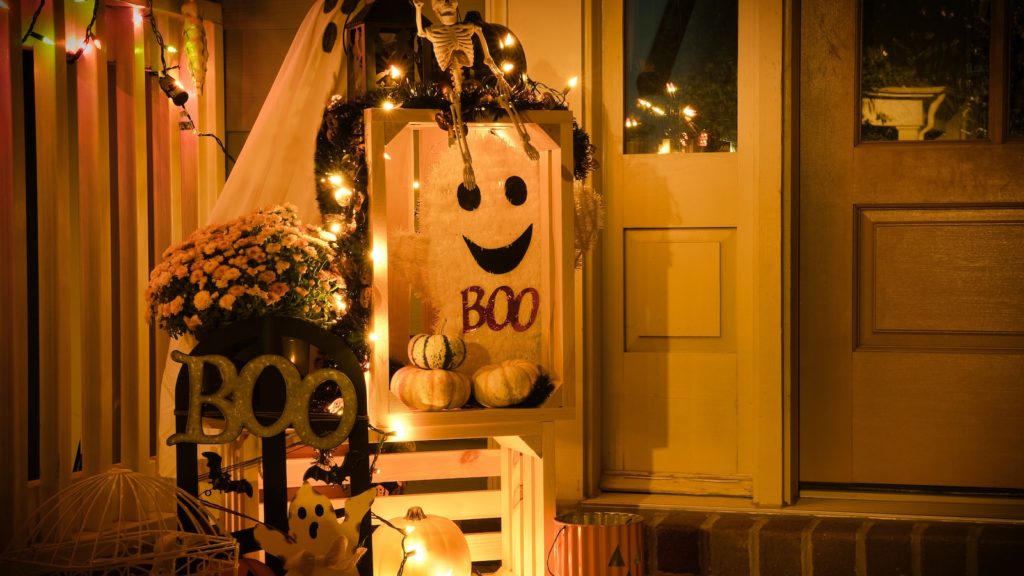A Southeastern Seminary student was viciously beaten and his family terrorized Jan.1 along a dark highway in East Africa during an ambush by men wielding spears and swords.
Rob Kopesky, a master of divinity in international church planting student at the Wake Forest, N.C., seminary, suffered three fractures on the left side of his face, including a broken jaw. Kopesky was scheduled to undergo five hours of reconstructive surgery at Aga Khan Hospital in Nairobi. Doctors planned to implant titanium plates to reposition the broken bones in his cheek and under his left eye and wire his jaw shut.
During a phone interview Jan. 5 from his hospital bed in Nairobi, the capital of Kenya, Kopesky said he had been attempting to change a flat tire about 7:30 p.m. Jan. 1 off the Nairobi-Mombasa Highway, when about 10 men emerged from a cornfield bordering the road.
“The ringleader held a flashlight to my face, and I instantly knew we were in big trouble,” Kopesky recounted. “The next thing I knew I woke up to the screams of my wife and children, and the car window breaking. I prayed to God, “Lord, they can kill me, but don’t let them hurt my wife and kids.’ At that point, I got angry, I started to fight back. One of them put a knife to my neck and told me, ‘Give us all your money or I’ll kill you.’”
Kopesky said he pushed the knife away from his throat, slicing his thumb, before the gang of men attacked him a second time repeatedly kicking him in the ribs and knocking him unconscious a second time.
He said his wife, Cynthia, witnessed the attack with their three children, ages four, 10 and 11, from inside the vehicle. The gang of men, who spoke fluent English, slapped her and their four-year-old son and threatened to kill Kopesky if the family did not relinquish all of their valuables. Kopesky said the attack lasted about 10 minutes before the bandits fled on foot with money, video camera equipment, watches, passports and driver’s licenses. He said he hopes his attackers will read the gospel tracts inside his wallet.
Kopesky said his family was assisted by some passersby driving trucks. He said the men changed the flat tire on his four-wheel drive Nissan vehicle that bore the words “Baptist Mission of Kenya” on the side of the car. Cynthia Kopesky then drove the vehicle two hours and 15 minutes north to the hospital in Nairobi.
Rob Kopesky, 42, of South Hill, Va., said his family is still “trying to piece together the events of that night,” but is convinced the attackers planted the piece of steel in the road that slashed his tire, causing the flat.
Nevertheless, Kopesky said he and his family plan to remain in Kenya after his surgery.
“We are more determined now than ever,” Kopesky said. “We know God wants us in East Africa, and we are not going to be chased away. Don’t get me wrong. There is a lot of anger with the fact that my children witnessed this horrible act. For 10 minutes they terrorized my family. They slapped my wife and hit my four-year-old boy.”
The Kopeskys said they do not believe they were victims of Christian persecution.
“We are going to be working in this area,” Kopesky said. “The people are going to ask us, ‘Why did you come back after you were attacked?’ and we are going to reply, ‘because of Jesus Christ.’”
In a Jan. 2 e-mail to Kopesky’s parents, Cynthia Kopesky wrote of the emotions her husband was dealing with and his struggles to overcome his anger: “(Rob) said to me that when he looks on all that God has forgiven him, how could he not forgive these men. He also reflects on the beating that our innocent Lord endured, far greater than what Rob encountered, just for our salvation.”
Keith Eitel, professor of Christian missions and director of Southeastern’s Center for Great Commission Studies, said the Kopeskys’ unfaltering commitment to God’s call on their lives is reminiscent of David Livingstone’s call to serve as a missionary to Africa in the 1800s.
Eitel quoted Livingstone as once saying, “People speak of sacrifices I have made spending so much of my life in Africa. It’s no sacrifice. Say rather a privilege.”
“I have been impressed by the Kopeskys’ wisdom,” Eitel continued. “They have been looking for God’s perspective in this whole situation.”
Eitel said the attack of the Kopesky family is not the first time Southeastern students have found themselves in danger serving overseas. “It was a random act of violence,” Eitel said. “In the past six or seven years, we’ve had two or three incidents like this one. The fact that they were foreigners made them a target.”
Southeastern’s master of divinity with international church planting program was pioneered in 1995 in partnership with the International Mission Board of the Southern Baptist Convention.
The degree program, which includes two years of campus-based study followed by two years of missionary services overseas, has 97 students enrolled in various stages. Eitel is careful to alert prospective students of the inherent dangers associated with the program.
Another team of students is scheduled for deployment later this year to Central Asia. Deployments are also targeted for North Africa and the Middle East, 2001-2003.
The Kopeskys asked that Christians all over the world join them in praying that God will: 1) soften their children’s memories of the attack; 2) help them to find peace in forgiving their attackers; 3) draw their attackers to Him through salvation by faith; and 4) will use this evil for good by opening other doors to share the gospel. (BP)





Share with others: